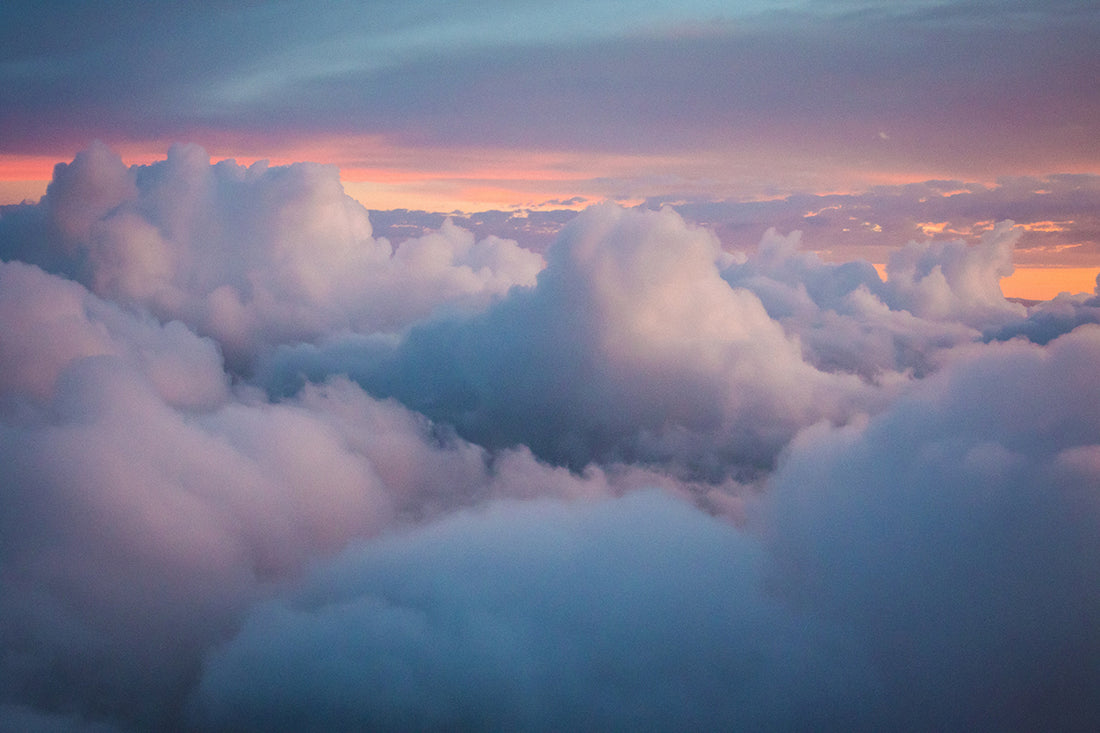After retiring from skydiving, it took me a while to reminisce about the thoughts that often occupied my mind during the ride to altitude in the skydiving car. Allow me to provide a more detailed description of the experience. Picture a scorching summer day, where a massive airplane sits at the end of the runway, its propeller thundering loudly. As the skydivers gather to board, all 22 of us squeeze into the cramped space, finding spots on the scorching hot floor.
Once the plane takes off, the engines roar, and we embark on a 15-minute journey to reach 13,500 feet. If you happen to be sitting on the floor, there's another skydiver seated with their back facing you, right in the middle of your lap. It's an uncomfortable position that you'd never encounter on regular public transportation. However, this unique closeness creates an intimate bond among skydivers that only the sport can foster.
As we ascend, the diminishing oxygen levels make us progressively tired and amplify the underlying anxiety. With less oxygen available, our brains don't function optimally.
Spending 15 minutes inside an airplane, even though you're ascending to eventually jump out of it, can become quite tedious. The combination of reduced oxygen at higher altitudes and the monotonous drone of the engines makes it surprisingly easy to doze off. In those moments between deep slumber and a state of semi-awareness, I often find myself taking a deep breath and realizing that these could be my final moments on Earth. Anything can happen between now and the time I touch down in the landing area and return to the packing area.
Now that I've shared that with you, I can say that no other experience in my life allowed me to repeatedly confront the possibility of my own demise as intensely as those last few minutes during the ascent to altitude. Despite the fear that arises when contemplating such matters, when you feel its proximity, there is no way to truly grasp or comprehend non-existence.
Obviously, I am here writing this, having survived. Now, years later, as I develop a deeper understanding of my own meditation practice, I ponder how that experience could help me enhance my meditation, improve my self-awareness, and cultivate a state of relaxation.
The first thought that comes to mind is the stark contrast between where I was 18 years ago, sitting in an airplane about to leap into the unknown, and where I am today. I can barely recall the reasons that prompted me to take such audacious risks with my life.
That person from the past feels foreign to me now. Nevertheless, I am grateful for that experience because it allows me to reflect on existence and non-existence. I remember the immense stress I used to feel while sitting on that airplane and how, even back then, I instinctively utilized deep breathing exercises to relax, without being aware of it.
I subjected myself to extreme pressure to reach the point where I am today, where I can find my balance, remain calm, and focus even when faced with overwhelming fear. How could I not feel fear for this body that I love and cherish so deeply? I genuinely adore this life and will not deceive you—I am attached to the idea of being here. I will do everything in my power to prolong my presence for as long as possible. And if I have any say in the matter, I'll be tremendously saddened when my time is up, if only for a fleeting moment, until I transition into the next phase of existence or experience the nothingness that follows death.
In the realm of time and space, true time doesn't exist. There is only consciousness observing the fluctuations of the mind. However, due to our physical bodies and their needs, we get entangled in the drama of life. The game we play is to keep ourselves alive for as long as we can, maintaining a sense of calm throughout the storm, persevering through the challenges. This is the path of self-mastery.
